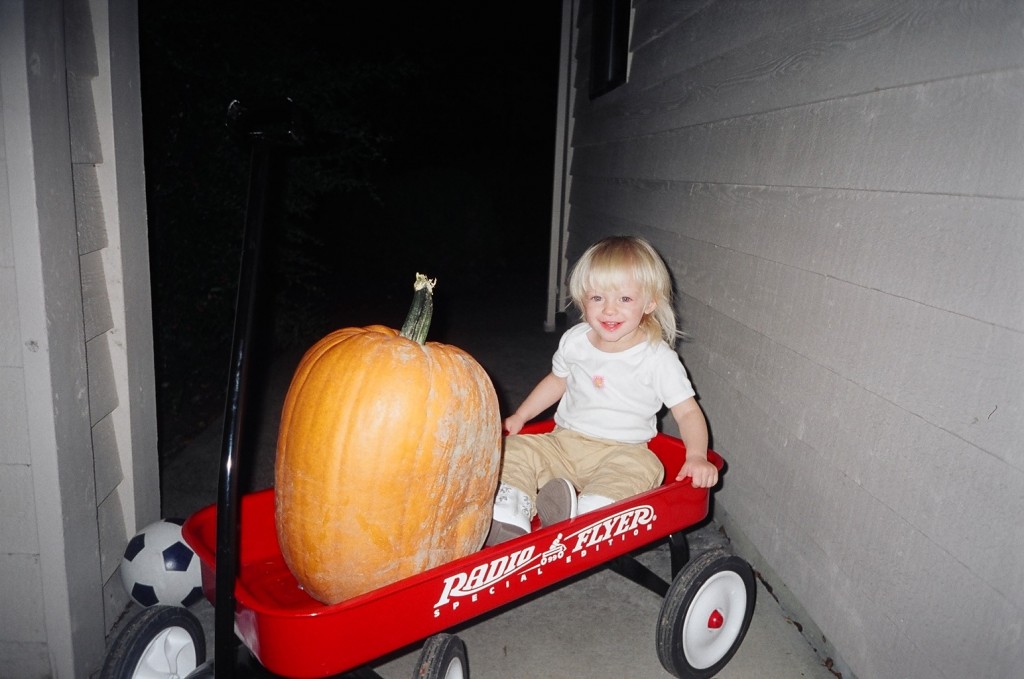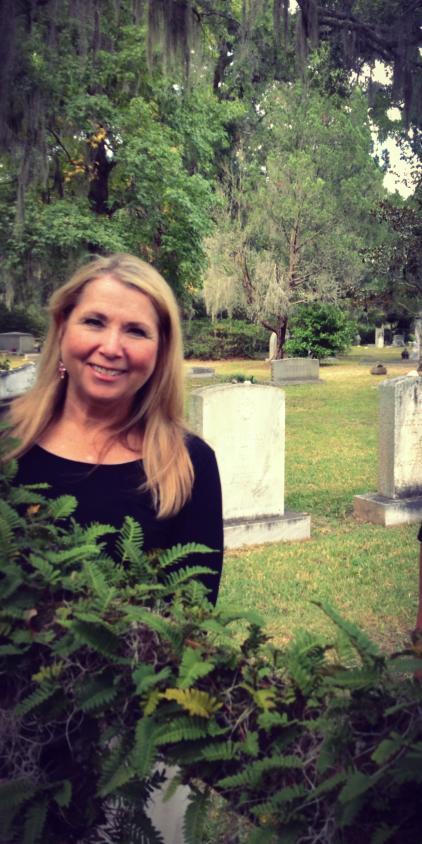I’ve been reading through Madeleine L’Engle’s book Irrational Season. My friend Miz Hazel from Mississippi gave me her well-used copy. I am not reading it like a book, but like a devotional. I read a graph or two at a time, and ponder it throughout the day.
Today’s graph was about the crucifixion, which L’Engle maintains as far as the world was concerned was evidence that the Jesus was a complete and utter failure. “In wordly terms, a complete washout, the original non-achiever,” she writes.
I never think of Jesus in terms of failure, do you? That’s because as Paul Harvey used to say, I know the rest of the story. I know Sunday is a’coming. I know about the coming resurrection. I know what the disciples don’t know. I know what Mary cannot see. I know what the Jews did not appreciate.
But this morning, when I read those lines by L’Engle, I felt relief. I need a God who identifies with me in my failures, because, quite honestly, I am far more familiar with failure myself than I am with victory, aren’t you?
Oh, give me a roll of duct tape and 30 minutes and I could fix Osteen and all those other “Live your best lifers” who think all a person has to do is expect more and they’ll receive it.
Go right ahead, hope for the best, believe in the best, pray for the best, but that doesn’t mean you’re going to get out of climbing a hill carrying somebody else’s baggage on your back, only to get to the top and die a sinner’s death.
It happens to a goodly number of people.
It even happened to Jesus.
During his lifetime Jesus was considered a lunatic, a heretic, a raving mad fanatic. A failure.
You ever feel like that?
I do.
It happened to me recently when I opened the mail to discover a letter from my publisher. It was a form letter giving me heads up that they are taking my book — Where’s Your Jesus Now? — out-of-print. What that means is that they aren’t going to print any more. Not unless I get really famous, like say Nicholas Sparks, Kate Goselin, or Jenna Jameson, in which case they reserve the right to re-print the book and anything else I may have scribbled on.
All publishers do this. The average book gets a shelf life of about two months anymore. If it’s not selling well during that time booksellers and publishers are on to the next big thing. It’s not personal, you know. It’s just business.
The thing is, for writers like me, it can’t help but feel personal.
Oh. I didn’t run out and buy a bottle of tequila and upend it. I didn’t weep salty tears into a bowl of tomato soup. I didn’t do anything about it. Not one thing. I didn’t call Mama, or Sister Tater. I mentioned it to the kids, but I wasn’t wailing at the time.
It’s sad. That’s all. Just sad to work hard on something and see it fail.
It happens to me a lot. I don’t write happily-ever-after stories, and I don’t write porn. Both of those sell really well, the latter even better than the former.
Years ago an editor told me I was like Dorothy Day. He was speaking to my penchant for writing for/about the working-class. I didn’t know who Dorothy Day was at the time so I thought he was putting me down. I thought he meant I was the educated voice of the trailer park crowd.
One of my very favorite stories of all time is in Where’s Your Jesus Now? It’s the story of Shirley Dunham. Shirley lived in a trailer on a couple of acres on the outskirts of a small Oregon town. Shirley’s testimony of faith has stayed with me, indeed, it has sustained me many a day.
When I published Where’s Your Jesus Now? I spoke to Shirley’s widower and had him set up a trust fund for the two grandchildren they were still raising. It was my hope that the book would sell enough to put those kids through college. It all seems so silly now.
Ridiculous, really.
I should have known better. I put a chapter in the book about the way we treat gay people in the church. I’m no theologian. I don’t have the answers to all that stuff. I only think what I said the other day — We ought to love people. We ought to tell them they can make it. I said as much in the chapter on the gay issue. That chapter alone kept the book off the shelves of the Christian bookstores. It’s hard to sell a book by a Christian publisher that can’t be stocked in the Christian bookstores.
That makes me feel like a failure but it doesn’t make me sorry for what I said.
That’s the thing about being the kind of writer I am — I ain’ t trying to win Miss Congenality. Oh. Sure. I’d love to be loved by everyone. I’d love for Oprah to invite me to jump up and down on her couch. I’d love to see her jump up and down on the couch with me. That would be a hoot.
But this? This is the climb to the death at the top of the hill.
I’d be really distraught if not for the hope that lives within me.
When asked at gunpoint where’s your Jesus now? Shirley answered — He’s right here.
I might be a loser but I’m a loser in Christ and I know there’s a resurrection day ahead.
http://www.youtube.com/watch?v=AnsvilZnAkA










